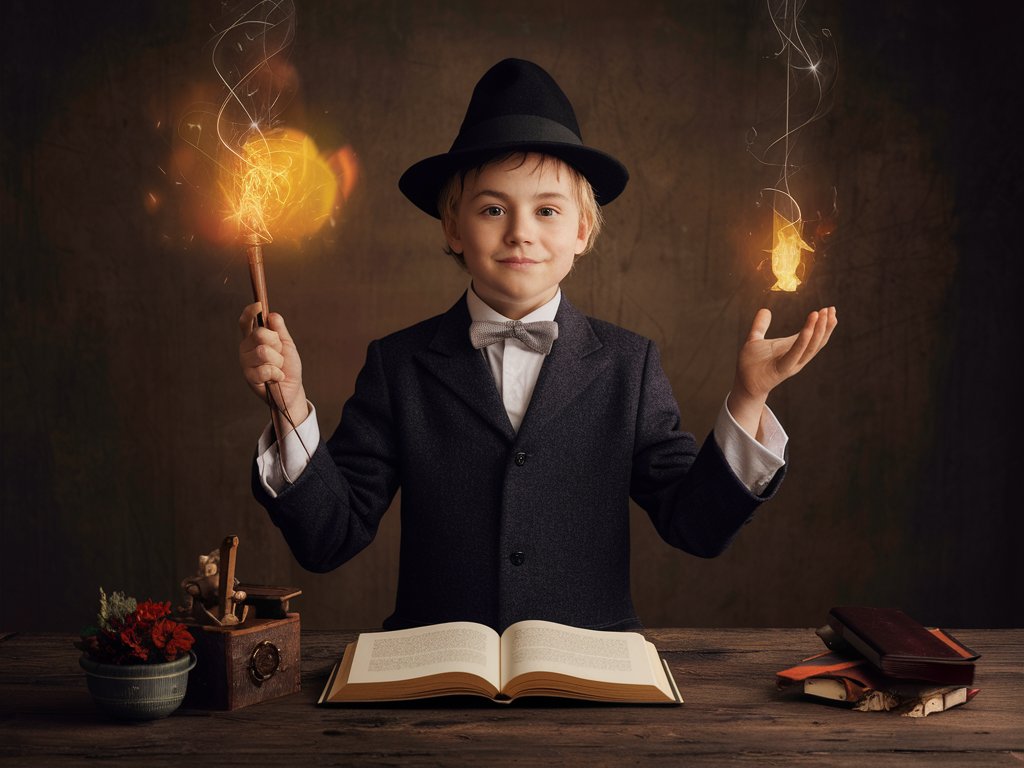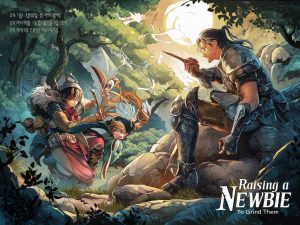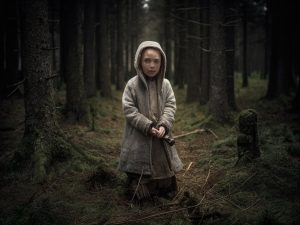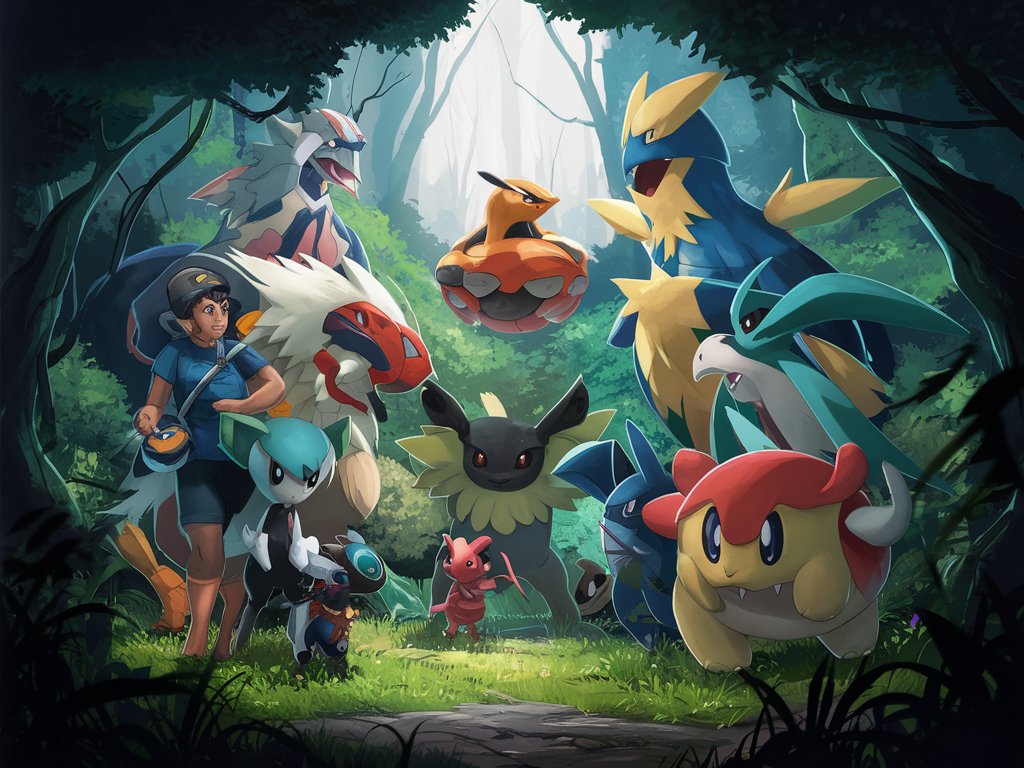The archetype of the youngest son of a magician holds a captivating presence in literature. This character has successful siblings and high expectations to deal with.
Despite these challenges, they manage to discover themselves and defy stereotypes. In the end, they forge their own unique path. This blog post delves into the simplistic nature of this trope, analyzing its history, variations, and how it manifests in popular stories across genres.
Origins and Historical Context:
Ancient mythology and folklore trace the roots of the youngest son of a magician trope. Tales from various cultures feature younger sons embarking on journeys, facing trials, and ultimately exceeding their perceived limitations. In Norse mythology, Loki, the youngest son of the trickster god, often uses his cunning and resourcefulness to achieve his goals.
The trope gained further traction in European fairytales and chivalric romances. Stories like “The Three Little Pigs” and “The Three Princes of Serendip” showcase younger sons overcoming challenges and achieving success through wit and determination. These narratives often reflected the social structures of the times, where younger sons faced limited inheritance opportunities, prompting them to seek their own fortune.
Variations of the Trope:
The youngest son of a magician trope takes on various forms in modern literature. Here are some prominent variations:
The Untalented Son:
This version depicts the youngest son as seemingly lacking the magical prowess of their siblings. However, they possess other valuable skills, such as strategic thinking, empathy, or technological aptitude. Through dedication and resilience, they prove themselves worthy heirs or even surpass their siblings’ capabilities. In the Percy Jackson series by Rick Riordan, Percy is the son of Poseidon. At first, he feels less powerful than his siblings, but he later learns about his own special talents.
The Rebellious Son:
This variation features a younger son who rejects the family’s magical legacy or tradition. They might pursue a different path, challenging the established order or seeking a different type of power.
This version explores themes of rebellion, self-determination, and finding one’s own identity. Anya in the “Shades of Magic” trilogy by V.E. Schwab could be considered an example, as she possesses unique magical abilities that differ from her elder brothers.
The Unexpected Prodigy:
This subverts the trope by revealing that the seemingly ordinary youngest son possesses immense, latent magical talent. Their journey could involve unlocking this potential, learning to control their powers, and potentially surpassing their more experienced siblings. Aang from “Avatar: The Last Airbender” embodies this variation, initially appearing naive but ultimately revealing himself as the Avatar, the most powerful bender in the world.
Literary Applications and Enduring Appeal:
The youngest son of a magician trope continues to resonate with readers for several reasons:
- Empathetic: Many readers connect with the underdog narrative, the struggles of overcoming limitations, and the desire to prove oneself.
- Coming-of-Age Themes: The trope often shows stories of young sons growing up, learning important lessons, finding themselves, and realizing their strengths.
- Exploration of Legacy: The trope delves into the complexities of legacy and family expectations. The youngest son might grapple with living up to their family’s history or forge their own unique path.
- World-Building Potential: The magical world surrounding the magician family allows for extensive world-building and introduces opportunities for rich lore, magical systems, and fantastical creatures.
Examples in Modern Literature and Pop Culture:
Several popular works across genres utilize the youngest son of a magician trope:
- The Chronicles of Narnia by C.S. Lewis: Edmund Pevensie, the youngest Pevensie sibling, initially struggles with jealousy and betrayal but ultimately proves his courage and loyalty.
- Harry Potter series by J.K. Rowling: While not the youngest son in his family, Ron Weasley, the best friend of the titular character, often feels overshadowed by his more accomplished siblings. He ultimately demonstrates his own bravery and loyalty.
- The Kingkiller Chronicle by Patrick Rothfuss: Kvothe, the protagonist and narrator, is a talented musician and powerful mage who recounts his extraordinary life story.
- Magician by Raymond E. Feist: Pug, the youngest son of a merchant family, possesses an innate magical ability that sets him on a path to becoming a powerful mage.
Also Read: The Games Will Continue: A Look Ahead at Squid Game Season 2
Beyond the Trope:
Modern authors are constantly redefining and expanding upon this trope, introducing fresh perspectives and subverting expectations. Here are some interesting trends:
The Youngest Daughter of a Magician:
The trope is no longer solely focused on male characters. Female characters are taking center stage, showcasing their own magical abilities and defying societal expectations of gender roles. Soman Chainani’s “The School for Good and Evil” series features Sophie, a seemingly ordinary girl destined for the “good” side of magic, who ultimately embraces her power and defies the binary nature of good and evil.
Found Family and Non-Traditional Lineages:
The trope expands to explore chosen families or mentors who act as surrogate parents/siblings, providing guidance and support to the youngest magic user. Leigh Bardugo’s “Shadow and Bone” series features Alina Starkov, a young woman with a rare magical ability who finds allies and mentors who become her chosen family.
The Question of Morality and Magic:
The trope can be used to explore the darker aspects of magic and the potential for corruption. The youngest son/daughter might have to confront ethical dilemmas, navigate internal struggles with their powers, or challenge a corrupt magical system. Scott Lynch’s “The Gentlemen Bastards” series features Locke Lamora, a young con artist with a unique magical talent who operates on the fringes of society.
Conclusion: A Trope with Lasting Appeal
The youngest son of a magician trope remains a powerful tool for authors to explore universal themes of identity, self-discovery, and defying expectations. The trope has evolved over time and offers many different storytelling options.
Prepare yourself for an enchanting adventure as you read about the youngest child of a magician. The story is filled with wonder, excitement, and the power to alter your destiny. It will be full of wonder, excitement, and the ability to change your fate.







